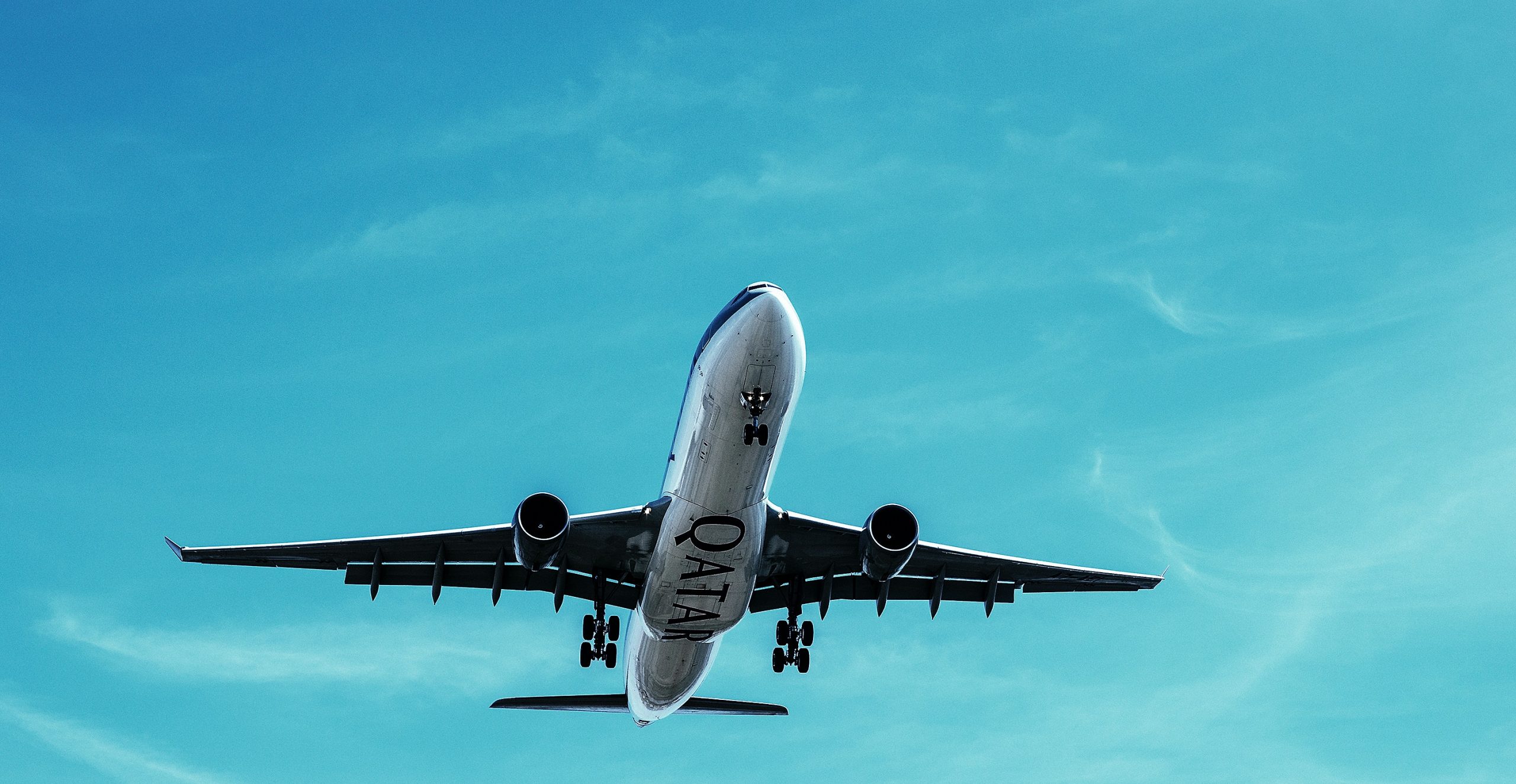The digital transformation of the airline sector has had a favorable influence on flight operations, but it has also exposed the airline system to cyber threats. Smart airports and an ever-expanding array of technical gadgets are just two of the numerous things that airlines must traverse in order to service their consumers. Therefore, airlines with multiple destinations must have robust cybersecurity programs in place to address the risks associated with cyber and physical security threats that have become inherent in the systems Bose (2019). Safeguarding passenger personal data is the joint duty of all stakeholders in the industry, not just the airline. In this article, I discussed some ways for keeping your personal data safe while flying, particularly in third-world countries where systems are very vulnerable:
Avoid sharing personal information: Personal information is any information or opinion that can be used to identify an individual. Personal information differs based on whether a person may be identified or is reasonably recognizable under the circumstances (n.d.). An individual’s name, signature, address, phone number, or date of birth are examples of personal information, as are credit information, employee record information, pictures, internet protocol (IP) addresses, and so on. Do not share your personal information with anyone who is not authorized to ask for it. Be cautious of people who ask for your personal information, such as your name, address, or passport number.
Secure your electronic devices: Traveling with digital gadgets is frequently required to stay connected while away from the office or home. However, if a device, credit card, or document isn’t absolutely required for your trip, leave it at home. But if you must travel with them, here are some suggestions to keep you safe while traveling.
Make sure your electronic devices, such as your phone, tablet, or laptop, are password-protected and use encryption when possible. Be cautious when using public Wi-Fi networks, as they may not be secure, use multifactor authentication where possible, configure your devices for maximum security while traveling, back up any data on devices that will be traveling with you, and keep portable equipment in your possession at all times Northwestern University (n.d.).
Use a privacy screen: End-to-end encryption, two-factor authentication, and a good VPN can help protect you while you’re online but a single glance, on the other hand, can generate privacy issues that digital security cannot resolve. A privacy screen protector doubles as a screen guard, protecting your display from scratches while also keeping your data safe from prying eyes Ankit Banerjee (2019). Consider using a privacy screen on your electronic devices to prevent others from seeing your personal information.
Keep your boarding pass safe: Essentially, you should regard your boarding card as you would a passport or ID, because the barcode on every boarding pass reveals one important piece of information: the passenger’s full airline account number. Other account information, such as an email address, phone number, and more, may be available at times. Having access to the entire frequent flier account number, a fraudster can next use social media to obtain “secret question” information such as the mother’s maiden name or high school mascots in order to enter into the account. From there, the crook can create havoc by modifying or canceling future reservations, stealing frequent flyer points, and other related activities Bond (2019). Once you have used your boarding pass, make sure to dispose of it properly. Boarding passes contain a lot of personal information, including your name, flight details, and frequent flyer number, so it is important to keep them safe.
Be cautious of phishing scams: Phishing, as defined by the National Cyber Security Center (2022), occurs when thieves utilize bogus emails, SMS messages, or phone calls to deceive their victims. The goal is frequently to get you to visit a website that will either download a virus onto your computer or steal your bank data or other sensitive information. Victims must also report all phishing activities in order to minimize the number of scam messages they get, make themselves a more difficult target for scammers, and protect others from crimes online. Scammers may try to obtain your personal information through phishing scams. Be cautious of emails or text messages asking for your personal information, and do not click on links from unknown sources.
Check your bank statements: Check your bank statements on a regular basis to ensure there are no illegal charges or suspicious behavior, as some uncommon activities indicate the existence of scammers.
Overall, it is important to be vigilant and cautious when it comes to protecting your personal information while traveling by air. I believe by following these tips, you can help keep your personal data safe and secure.
References
Ankit Banerjee. (2019, April 4). What you need to know about privacy screen protectors. Android Authority. https://www.androidauthority.com/privacy-screen-protectors-explained-970541/Austrailian Government. (n.d.). What is personal information? Home. https://www.oaic.gov.au/privacy/your-privacy-rights/your-personal-information/what-is-personal-information#:~:text=For%20example%2C%20personal%20information%20mayBond, C. (2019, December 6). Why You Should ALWAYS Shred Your Boarding Pass. HuffPost. https://www.huffpost.com/entry/hackers-boarding-pass-data_l_5de95730e4b00149f73d9ce3Bose, R. (2019, October 23). How Can Airlines Protect Their Customers and Data From Evolving Cyberthreats? Security Intelligence. https://securityintelligence.com/posts/how-can-airlines-protect-their-customers-and-data-from-evolving-cyberthreats/National Cyber Security Center. (2022, September 5). Phishing: Spot and report scam emails, texts, websites and calls. Www.ncsc.gov.uk. https://www.ncsc.gov.uk/collection/phishing-scams#:~:text=Northwestern Univeristy. (n.d.). Securing Electronic Devices: Global Safety and Security – Northwestern University. Www.northwestern.edu. Retrieved April 11, 2023, from https://www.northwestern.edu/global-safety-security/health-safety/travel-security/securing-electronic-devices.html.






0 Comments